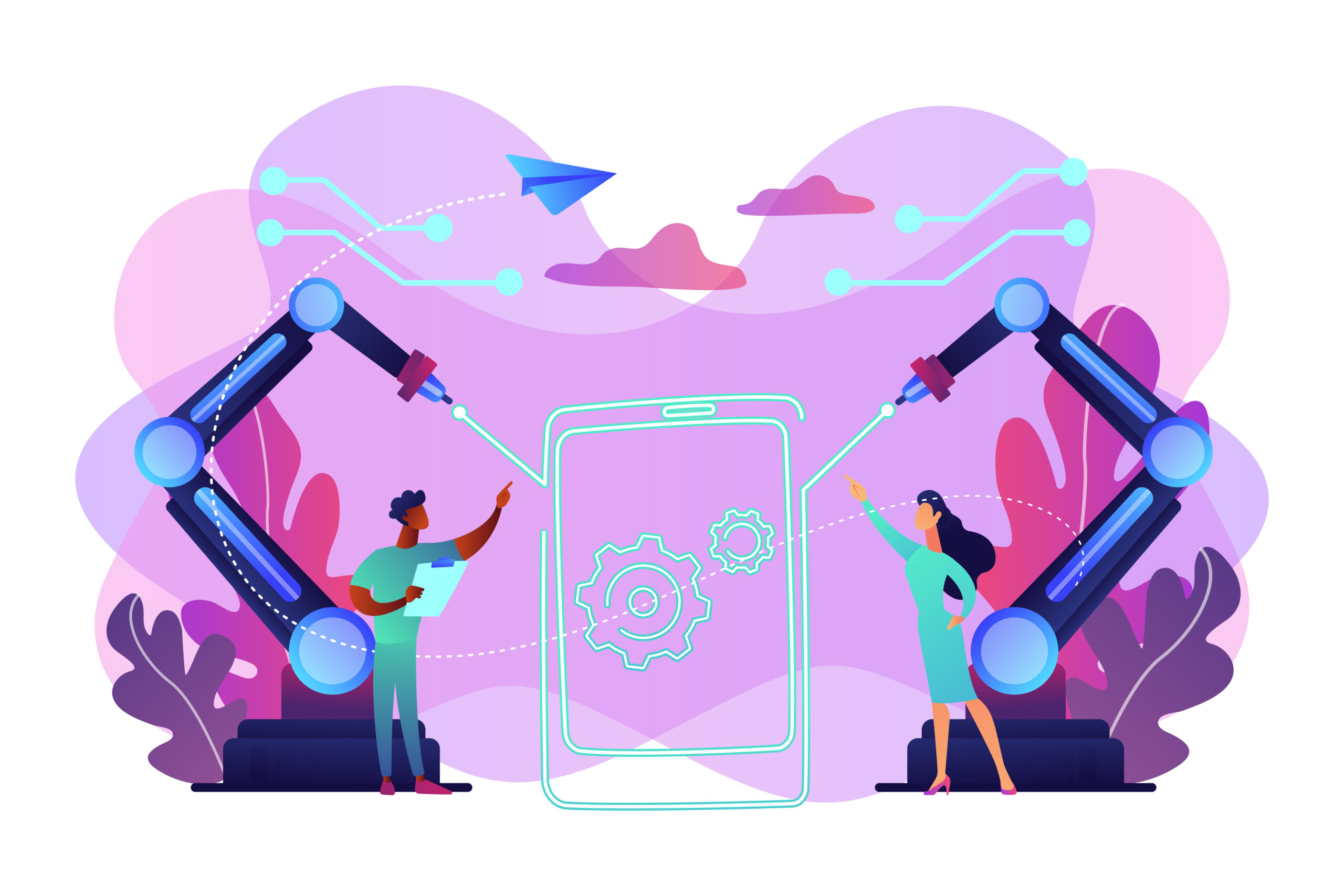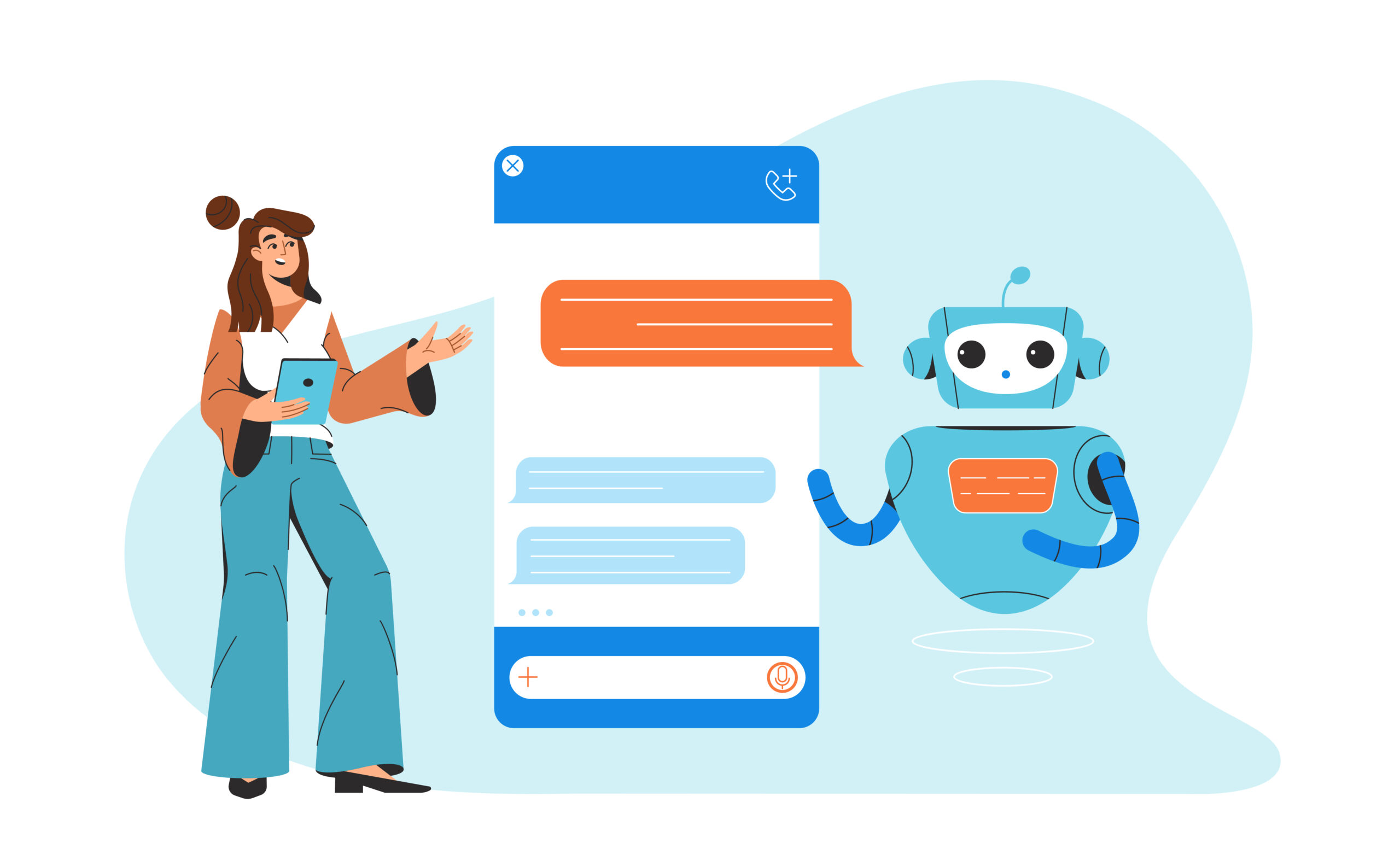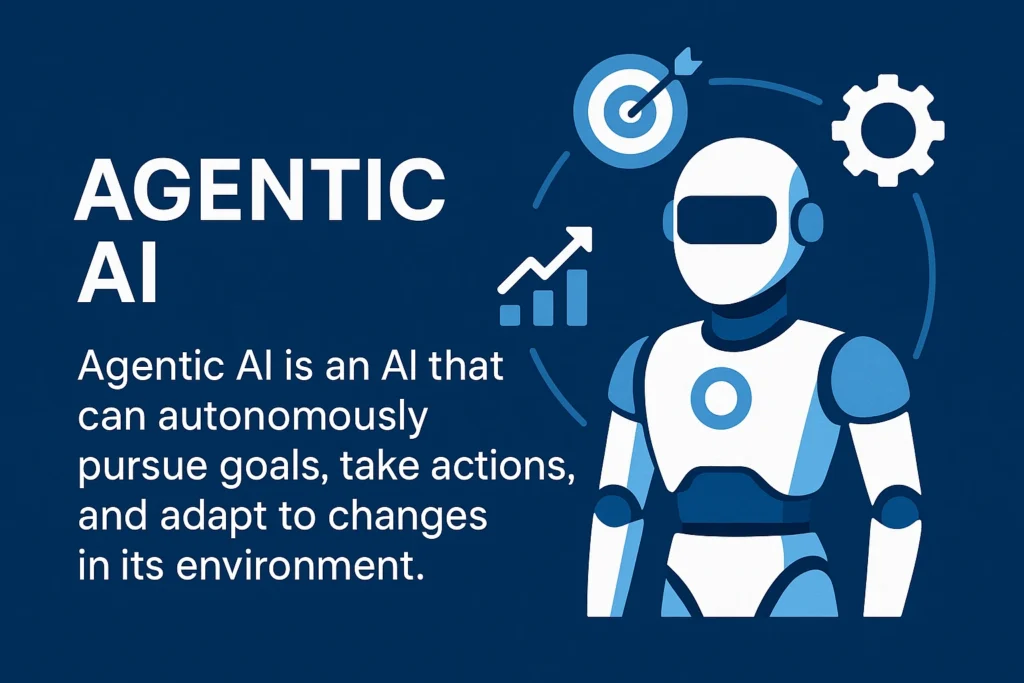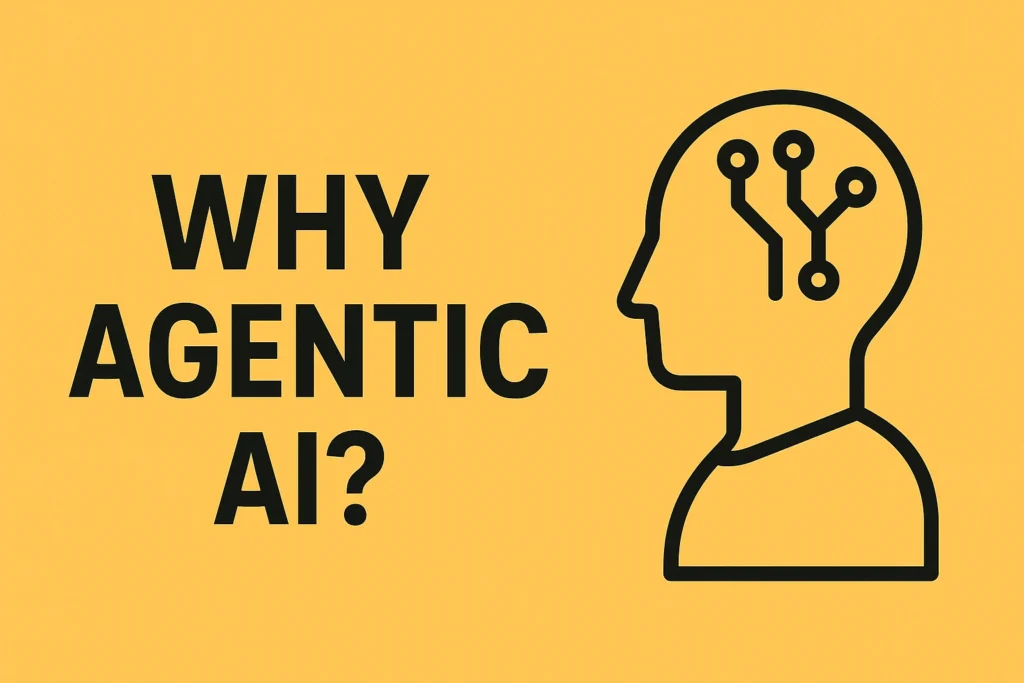Table of Contents
Toggle4 Highest Paying AI Jobs That Don't Exist Yet (And How to Get Them)

The Exploding AI Job Market and How to Capitalize On It
This insight uncovers four high-paying, fast-emerging AI jobs—many non-technical—with rising demand and big rewards for those who act early.
AI-Driven Job Creation Outpaces Displacement:
Contrary to popular fears, the World Economic Forum (WEF) predicts a net positive in AI-related job creation. While "85 million jobs would be displaced," a greater "97 million new jobs would be created in AI development, data science, and human AI collaboration roles."
This is actively occurring: "Meta just cut 3,600 traditional employees while simultaneously announcing their accelerating hiring in AI and machine learning roles."
Forbes data shows "73% of companies are making hiring AI talent a priority for 2025."
Massive Supply-Demand Gap for AI Talent:
Despite the high demand, companies struggle to find qualified candidates. IBM's VP noted "employers are having a hard time finding AI skilled talent and would rather hire a worker with AI skills than one without them."
Indeed's report reveals "AI related job postings have increased 400% in the last 18 months but applications are only up 180% – that's a massive supply and demand gap."
Many postings remain open for "60 plus days because companies can't find qualified candidates."
Four Key Categories of High-Paying AI Jobs (Many Non-Coding):
The market is actively hiring in four primary categories, with significant salaries ($100,000+):
- Category 1: AI Development Jobs: (e.g., Machine Learning Engineers, Data Scientists) - Average salaries: "$120,000 to $200,000 plus dollars." These are the "obvious ones."
- Category 2: AI Implementation Specialists: (e.g., Project Managers, Operations Directors who integrate AI) - Average salaries: "$100,000 to $180,000." These roles "don't build AI, they figure out how existing AI tools can solve specific business problems."
- Category 3: AI Human Collaboration Roles: (e.g., AI-powered Content Strategists, Human-AI Team Coordinators, AI Training Specialists) - This is the "fastest growing category" according to the WEF, focusing on optimizing human-AI partnerships. Average salaries: "$85,000 to $140,000."
- Category 4: AI Management and Oversight: (e.g., AI Operations Managers) - Average salaries: "$110,000 to $190,000." These roles involve "managing AI systems and making sure they're performing properly."
Crucially, "the beautiful thing about categories 2, three, and four, you don't need to code. You need business skills, strategic thinking, and the ability to understand how AI fits into company operation."
Skills in Demand: Business Acumen Trumps Coding for Many Roles:
The primary requirement for many of these new AI jobs is not technical programming. Instead, companies prioritize individuals who can bridge AI capabilities with business needs.
"Most of these jobs don't require computer science degrees; they require people who understand how to bridge AI capabilities with real business problems."
Key skills highlighted include:
- Business Acumen: "Understanding how companies operate and where AI can create value."
- Project Management: Leading AI implementation from start to finish.
- Data Literacy: "Not data science, but the ability to read, interpret and make decisions based on data."
- Change Management: Helping teams adapt to new AI tools.
- Strategic Thinking: Understanding how AI aligns with company goals.
- Communication Skills: Translating between technical AI teams and business stakeholders.
"Notice what's not on this list: programming, advanced mathematics, computer science degrees."
"According to recent hiring manager surveys, 68% of companies would rather hire someone with strong business skills who can learn AI tools than an AI expert who doesn't understand business operation."
Practical Strategy for Landing AI Roles:
A structured approach can help individuals capitalize on this market:
- Step 1: Pick an Industry: "Become the AI specialist for real estate, healthcare, marketing agencies, or whatever industry you have experience in."
- Step 2: Learn 3-5 AI Tools Deeply: Focus on mastery over breadth.
- Step 3: Create a Portfolio Showing Business Results: Document how AI solved a real problem or improved a process, demonstrating "business impact."
- Step 4: Target Companies Actively Implementing AI: Specifically, those "struggling with it," positioning oneself as the solution.
- Step 5: Approach with Specific Solutions: Instead of generic statements, offer solutions like, "I can help you implement AI customer service tools that reduce response time by 60% while maintaining satisfaction scores."
A 90-day plan is proposed: Days 1-30 (Skills Foundation), Days 31-60 (Portfolio Building), Days 61-90 (Job Market Entry).
The emphasis is on "building credible experience quickly." "Companies care more about demonstrated results than perfect credentials."
Most Important Ideas/Facts:
- Net Job Growth: The WEF projects 97 million new AI-related jobs vs. 85 million displaced, indicating a net positive.
- Urgent Demand: AI job postings are up 400%, but applications only 180%, creating a significant talent gap.
- Non-Coding Opportunities: Categories 2, 3, and 4 (AI Implementation, Human Collaboration, and Management) offer high salaries and do not require coding skills, emphasizing business acumen and strategic thinking.
- Skill Shift: 68% of companies prefer business-savvy candidates who can learn AI tools over pure AI experts lacking business understanding.
- First Mover Advantage: The current market offers a unique "window" for individuals to enter and establish themselves before competition increases. "This window won't stay open forever."
- Future of Work: "85% of the jobs that will exist in 2030 haven't been invented yet," underscoring the transformative nature of the AI revolution on the job market.
This briefing underscores that the AI revolution is not solely about automation displacing jobs, but also about the creation of entirely new, highly compensated roles that are currently undersupplied with qualified talent, particularly in areas requiring business understanding and problem-solving rather than advanced coding.
AI Skills for the Modern Workforce - FAQ
What is the current state of the AI job market?
The AI job market is experiencing rapid growth, with the World Economic Forum projecting 97 million new AI-related jobs being created. This outpaces the number of jobs being eliminated due to AI. Despite this demand, companies are struggling to find qualified talent, as evidenced by a 400% increase in AI-related job postings compared to only a 180% increase in applications in the last 18 months. Major companies like Meta are simultaneously laying off traditional employees and accelerating hiring for AI and machine learning roles. This creates a significant supply and demand gap, leading to many AI job postings remaining open for 60+ days, even for positions offering $100,000+ starting salaries.
What types of AI jobs are currently in high demand?
The sources identify four main categories of high-demand AI jobs, many of which do not require traditional computer science degrees:
- AI Development Jobs: These are the more obvious technical roles like Machine Learning Engineers, Software Developers, Data Scientists, and Cybersecurity Engineers, with average salaries ranging from $120,000 to $200,000+.
- AI Implementation Specialists: These professionals help companies deploy and integrate AI solutions into existing workflows. Examples include project managers and operations directors who understand AI. Salaries typically range from $100,000 to $180,000.
- AI Human Collaboration Roles: This rapidly growing category involves people who work with AI to achieve results that neither humans nor AI could accomplish alone. Roles include AI-powered content strategists, human-AI team coordinators, and AI training specialists, with salaries averaging $85,000 to $140,000.
- AI Management and Oversight: These roles focus on managing AI systems, ensuring their proper function, and optimizing their performance across various industries. AI Operations Manager roles, for instance, command salaries from $110,000 to $190,000.
Do I need a computer science degree to get an AI job?
No, not for many of the in-demand AI roles. While AI development jobs often require technical degrees, categories like AI implementation, human-AI collaboration, and AI management primarily require business skills, strategic thinking, and an understanding of how AI integrates into company operations. In fact, hiring manager surveys indicate that 68% of companies prefer to hire someone with strong business skills who can learn AI tools over an AI expert who lacks business acumen. The emphasis is on problem-solving, effective communication, and understanding business processes rather than just coding.
What are the key skills needed for these non-coding AI roles?
The most crucial skills for these high-demand, non-coding AI roles are:
- Business Acumen: Understanding how companies operate and where AI can create value.
- Project Management: Leading AI implementation projects from start to finish.
- Data Literacy: The ability to read, interpret, and make decisions based on data (distinct from data science).
- Change Management: Helping teams adapt to working with AI tools.
- Strategic Thinking: Seeing the big picture of how AI fits into company goals.
- Communication Skills: Translating between technical AI teams and business stakeholders.
These skills are prioritized because companies seek individuals who can bridge the gap between AI capabilities and real business problems.
How can someone position themselves to land these AI jobs?
A practical, 90-day strategy is outlined to help individuals secure these roles:
- Days 1-30 (Skills Foundation):
- Pick one industry you understand well (e.g., real estate, healthcare).
- Learn three to five AI tools commonly used in that industry deeply.
- Take online courses on project management and data analysis.
- Stay updated on AI industry news and company case studies.
- Days 31-60 (Portfolio Building):
- Find two to three small projects to apply AI tools to real business problems.
- Document the problem, your solution, and the business results, creating compelling case studies.
- Days 61-90 (Job Market Entry):
- Update your LinkedIn profile to highlight your AI business skills.
- Target companies actively implementing AI but struggling with it.
- Approach them with specific solutions (e.g., "I can help you implement AI customer service tools that reduce response time by 60%").
The key is to build credible experience quickly and demonstrate tangible business results rather than just technical knowledge.
Why are companies struggling to find qualified AI talent?
Despite the clear demand and high salaries, companies face a significant talent gap because there aren't enough individuals who understand what these new AI jobs actually entail and how to position themselves for them. Many people are still focused on traditional fears of job displacement by AI, while a hidden job market for AI-related roles is exploding. The disconnect lies in the lack of candidates possessing the specific blend of business acumen, strategic thinking, and practical AI application knowledge that companies are actively seeking.
What is the "first mover advantage" in the AI job market?
The "first mover advantage" refers to the current opportunity for individuals to quickly acquire the necessary AI-related skills and secure high-paying jobs before the market becomes saturated. As more people learn these skills, the competition will naturally increase, and the current salary premiums may decrease. Therefore, acting quickly and strategically to gain relevant experience and position oneself is crucial to capitalize on the current demand.
What is the long-term outlook for the job market in the age of AI?
The AI revolution is fundamentally transforming the job market. The World Economic Forum predicts that 85% of the jobs that will exist in 2030 haven't even been invented yet. This signifies a massive shift, where adaptability, continuous learning, and the ability to leverage AI will be critical. The question is not if this transformation will happen, but whether individuals will strategically position themselves to benefit from the emerging opportunities rather than being displaced by them.
Posts Gallery

Agentic AI for Enterprise Automation
Discover how Agentic AI revolutionizes enterprise automation, boosting efficiency and strategic decision-making.
Read More →
How Agentic AI Works: Intent to Execution
Unpack the intricate process of Agentic AI, from understanding user intent to executing complex tasks autonomously.
Read More →
Purpose & Use Cases of Agentic AI
Explore the diverse applications and strategic importance of Agentic AI across various industries and daily operations.
Read More →
What is Agentic AI?
A foundational article explaining the core concepts of Agentic AI, defining its components and its role in modern automation.
Read More →
Why Agentic AI?
Understand the compelling reasons and significant benefits that make Agentic AI a transformative technology for efficiency and innovation.
Read More →
AI Tools Spotlight
A comprehensive overview of cutting-edge AI tools that are shaping the future of automation and intelligent systems.
Read More →

